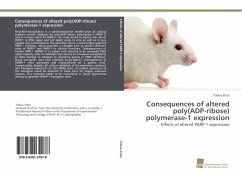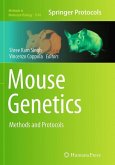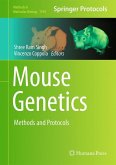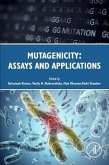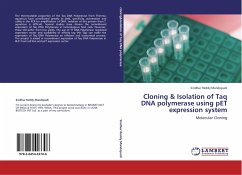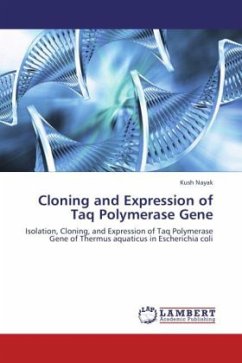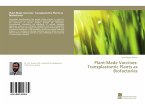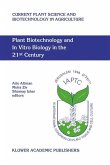Poly(ADP-ribosyl)ation is a posttranslational modification of cellular proteins mostly catalysed by poly(ADP-ribose) polymerase-1 (PARP-1) and to a lesser extent by PARP-2. The study aimed to explore the role of PARP-1 in DNA repair and cell death using in vitro as well as in vivo models and contributed to the potential use of a novel highly-selective PARP-1 inhibitor, which provides a valuable tool to dissect different roles of PARP-1 and PARP-2 in cellular functions. Overexpression of human PARP-1 (hPARP-1) in rodent cells resulted in an increased DNA repair capacity after X-irradiation, but also to an increased susceptibility to DNA damage in response to alkylating agents or PARP inhibition. Novel transgenic mice with intended tissue-specific overexpression of hPARP-1 were generated and characterized on a genetic level. Unexpectedly, despite cell culture validation of the expression construct and transgene expression on the mRNA level, no protein expression of the transgene could be detected in these mice for largely unknown reasons. This outcome needs to be considered in future approaches aiming to generate hPARP-1 transgenic mice.
Bitte wählen Sie Ihr Anliegen aus.
Rechnungen
Retourenschein anfordern
Bestellstatus
Storno

